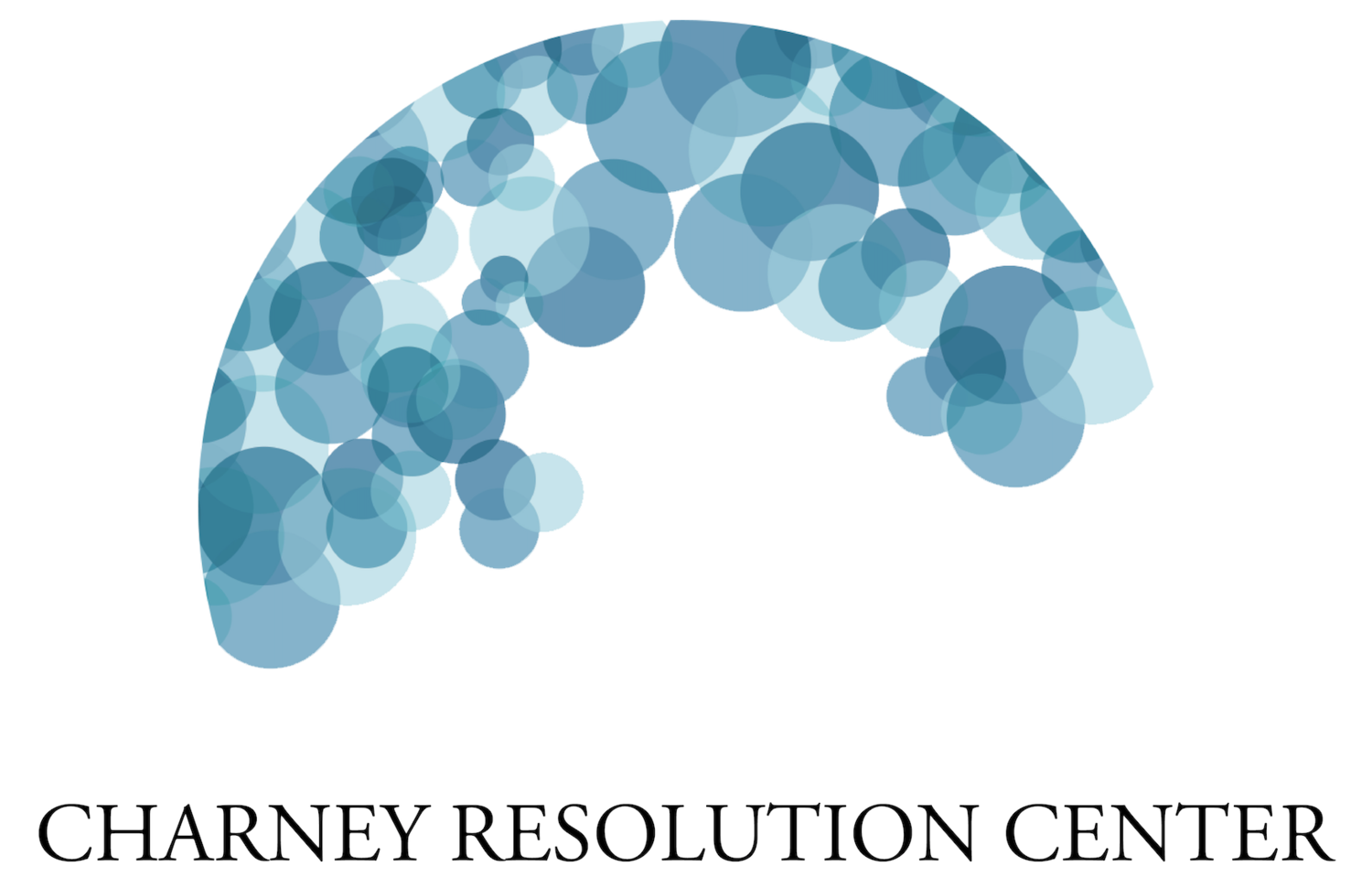On September 26th, my friend Gali texted me about the coming of Dr Jordan Peterson to Israel for the first time for an interview with Ben Shapiro at the Jerusalem International Convention Centre on October 6th. I have always been fascinated by Dr Peterson's ability to articulate his arguments profoundly, making one view reality from a psychological point of view. Hence my excitement was almost overwhelming because I was curious to know what the intellectual had to say about "The Future of Human Freedoms", which was the topic of discussion.
Dr Jordan B Peterson is a clinical psychologist and professor emeritus at the University of Toronto and the author of the widespread global bestseller "12 Rules For Life: An Antidote to Chaos". His viral online lectures and interviews exposed him to remarkable international prominence as a public intellectual and educator.
During the conference, Dr Peterson's main focus was on stories, unity and peace. "In the Exodus from Egypt to Canaan, the Israelites went from a tyranny to a desert; They moved from a place of order to a place of disorder (chaos) which was certainly no different". I felt like this line resonated the most with me because opting for a gap year, or as I call it- a full year, in Israel (and after) was probably among the most challenging choices I made this year because I had to determine the nature of my activities for the next 13 months of my life. Luckily (or unluckily), it was also when I just turned 19, so "Wow, what an excellent way for life to welcome me to adulthood!". I suddenly shifted from a system where my life was (almost entirely) controlled by direct guidance and instructions from school, parents, relatives, etc., to moments of an extreme form of individuality where other people's explicit opinions became a mere choice to abide by/not.
I could point out that in both phases in life, decision-making was complicated though indeed, I enjoy the latter's opulent comforts it brings. There was an immediate change of "power" from being underwhelming to an overwhelming concept for me. I then learnt that individuality and adulthood are a network of inbuilt concepts that heavily rely on a vital idea- learning to take full responsibility for yourself. Understanding why you do what you do secretly establishes a set of personal values that allow you to act in a certain way, even if no one is watching. Responsibility certainly comes with a lot of self-control because I am convinced that free will doesn't give us permission to do what we want; it gives us the right to do what we ought.
It requires a degree of mental strength and the ability to allow yourself to make mistakes and take responsibility for them, even when the consequences may be harsh, plus the fact that you are in a new environment. What do you do to reflect the nature of something around you?
“Confront the things you know to be true and say what you have to say, carefully but with love,” he said. “If you can learn to bring peace to your house, then you can learn to bring peace to your community. And if you can bring peace to your community, then you can make some headway in bringing peace to the world.”
~Shammah Kiunsi

